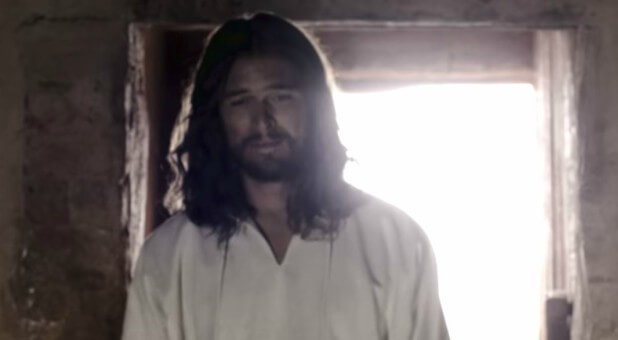Read Time: 2 Minutes 46 Seconds
“We need God.” Americans have long uttered this belief.
The Declaration of Independence, adopted in 1776 proclaims that “everyone is endowed by their Creator with certain unalienable rights.” The United States Constitution does not refer either to the word “God” or the phrase “the divine,” but according to the Pew Research Organization, almost every state constitution in America includes such a reference.
The inclusion of the phrase “under God” in the Pledge of Allegiance confirms a belief in an American acceptance of a Higher Being.
The phrase “In God we trust.” originally appeared on United States coins in 1864, and President Dwight D. Eisenhower signed a law in 1956 which made the phrase America’s modern motto. Several appellate and state courts have added legitimacy to the phrase. On November 4, 2011, the U.S. House of Representatives overwhelmingly reaffirmed the motto by a vote of 396 to 9.
The U.S. National Anthem, known as “The Star -Spangled Banner,” dates from 1814; the lyrics derive from a poem written by Francis Scott Key. The fourth stanza of the anthem includes this reference to God:
“Then conquer we must, when our cause it is just, And this be our motto—’In God is our trust.’”
The U.S. Navy recognized the anthem recognition in 1886; in 1931, the U.S. Congress passed a joint resolution which made the song the official national anthem in 1931.
The Founding Fathers of the United States possessed a variety of world and religious views. In his book titled “The Faiths of the Founding Fathers” and published by Oxford University Press in 2006, David L. Holmes identifies three different religious views among the Founders. He determined the views through the Founders’ public statements and correspondence.
One small group of Founders had put their Judeo-Christian heritage aside and adopted the intellectual movement of the 17th and 18th centuries known as Deism. Adherents to this movement generally rejected revelation as a source of divine knowledge and accepted the existence of a creator based on reason rather than a belief in a supernatural deity who would interact with humanity.
Deism emerged in England as a rejection of orthodox Christianity.
A second group of Founders remained, who might be termed traditional Christians. They maintained their faith in the supernatural and their adherence to the teachings of their denomination. The divinity of Jesus remained a significant part of their faith.
The largest group of Founders remained believers in Christianity, but allowed Deism to influence them. They questioned the miracles and supernaturalism included in traditional Christianity. The group included both conservative and liberal Founding Fathers.
The three groups of Founders that author David Holmes identified in his book held varying views of the relationship between God and man, but all three views included the acceptance of a creator. They displayed little tendency to totally disregard the spiritual, a similarity that helped unite them in their effort to divorce themselves from the mother country England and establish a new and free country called the United States.
The concept of a higher being influenced the thoughts and actions of the majority of America’s Founders.
“We need God, a Higher Being” has served as a guiding principle for the United States since its founding; the concept is needed today perhaps more than ever.
Franklin T. Burroughs was awarded a Nishan-e-Homayoun by Shah Mohammad Reza Pahlavi for his work in the Iranian Ministry of Court and has received certificates of recognition from the California Senate and State Assembly. He is a member of the adjunct faculty of John F. Kennedy University and has served as president of Armstrong University and interim dean of the School of Business at Notre Dame de Namur University. He serves as an English language officer (contractor) with the U.S. Department of State. Dr. Burroughs serves as an international consultant in education, Middle East affairs and cultural diplomacy.
Bring Charisma magazine home with a subscription today!












































